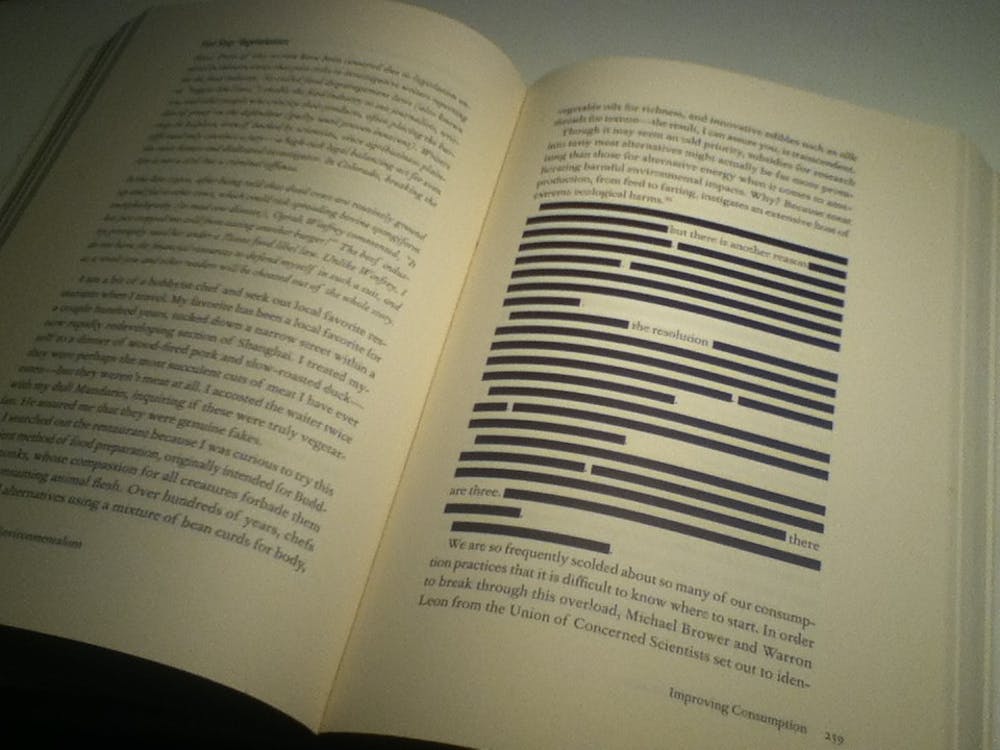By Abigail Gilder
Staff Writer
From its founding, America has struggled to define the concept of censorship and whether or not such an act is constitutional. According to the American Civil Liberties Union, censorship is defined as “the suppression of words, images, or ideas that are ‘offensive.’” Rather than passing federal legislation of censorship, the federal government decided to leave this decision up to the states, which varies between states that are Republican or Democratic.
For example, California believes that censorship is unconstitutional. Gov. Gavin Newsom recently passed a law prohibiting the banning of books in public libraries, the censorship of instructional materials and mandated that public schools teach about diverse communities in their curriculum.
California decided to pass this law in order to build on the current Family Agenda, which is intended to promote educational freedom and success. The idea is that while other states are deciding to enforce an agenda, California believes that each family should be able to decide the topics their children learn and the best outcomes for their family unit as a whole.
The law guaranteeing the aforementioned rights is formally named AB-1078. It states that the “California Constitution protects pupils’ rights to share ideas and beliefs, including the right to receive information and knowledge, and guarantees pupils equal protection under the law.” This statement means that students in California are able to share different ideas and beliefs, whether that concerns controversial topics such as diversity, racism, abortion or political ideologies. It also insinuates that regardless of each statement made, the students may not be reprimanded by faculty for those statements, even if the faculty and students share differing opinions.
AB-1078 also states that “restricting access to classroom and library materials because they feature LGBTQ people or were written by LGBTQ authors discriminates against LGBTQ people and constitutes censorship in violation of California law and policy.” This statement is where the law gets its authority to prohibit censorship in public schools. It indicates that public schools are prohibited from censoring materials regarding the LGBTQ community or other diverse communities such as Mexican Americans, Latino Americans, Black Americans, and others, as mentioned later in the law.
In contrast to California, Florida has decided to pass legislation that actively censors the same materials. In 2019, Florida passed Statute 847.012. This statute, which is a part of law 847 in the chapter of obscenity, claims that book bans are constitutional under the Florida State Constitution. The law remains vague where diverse communities may continue to promote their materials.
According to the Florida State Senate, the statute clearly states that obscene materials may not be presented to minors, yet Florida has recently expanded this law to include materials on the topic of the LGBTQ community, claiming that the topic is grounds for “indoctrination” of young children, and the subject matter is highly inappropriate to be taught in schools.
According to ABC News, Gov. Ron DeSantis even goes so far as to say that “exposing the ‘book ban’ hoax is important because it reveals that some are attempting to use our schools for indoctrination.” While California deems it appropriate to allow families to decide what their children learn, the state of Florida uses statewide legislation, in order to allow DeSantis to impose his beliefs on others.
Censorship has the potential to be dangerous because it can keep the public oblivious to current events.While Florida is suppressing its public, school boards of that state are contesting the book bans, and are continually doing so to benefit their children.







